On November 26, 1885 in Celtic History
Thomas andrews, chemist and physicist, born in belfast
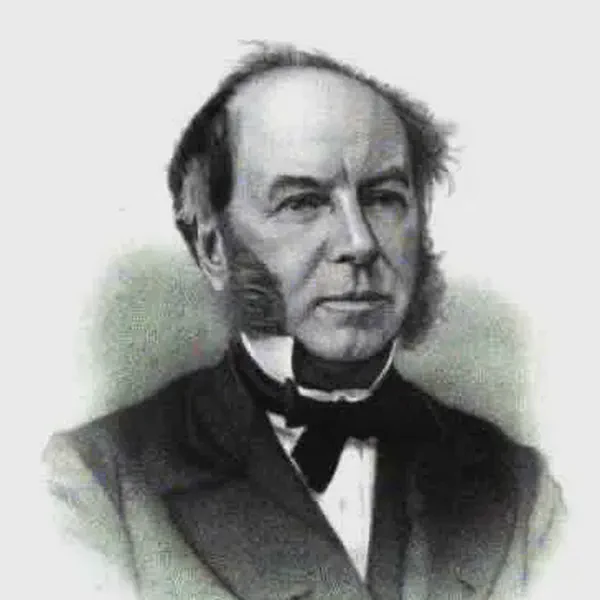
Thomas Andrews, FRS FRSE, was an Irish chemist and physicist, was born on December 19, 1813, in Belfast, Ireland.
He is best known for his work on the properties of gases and liquids, particularly his investigations into the behavior of carbon dioxide and the critical temperature and pressure of substances.
One of Andrews’ most notable contributions was his study of the critical point of a substance. In 1869, he presented his work on the continuity of the gaseous and liquid states of matter, introducing the concept of the critical temperature and critical pressure. This work laid the foundation for later research in thermodynamics and phase transitions.
Thomas Andrews’ research also extended to the study of the behavior of carbon dioxide, and he conducted experiments on the solid, liquid, and gaseous states of this substance. His thorough and precise work significantly advanced the understanding of the fundamental principles of thermodynamics.
Work
His reputation mainly rests on his work with liquefaction of gases. In the 1860s he carried out a very complete inquiry into the gas laws—expressing the relations of pressure, temperature, and volume in carbon dioxide. In particular, he established the concepts of critical temperature and critical pressure, showing that a substance passes from vapor to liquid state without any breach of continuity. He concluded that
… the gaseous and liquid states are only distant stages of the same condition of matter, and are capable of passing into one another by a process of continuous change.
Andrews had a distinguished career and made substantial contributions to the fields of chemistry and physics. He passed away on November 26, 1885.
More From This Day
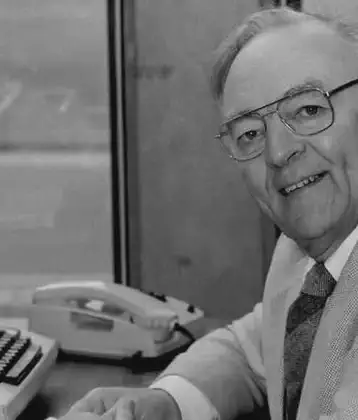

Saor Uladh (Free Ulster) a splinter group of the IRA, attacks the police barracks in Rosslea, Co. Fermanagh
November 26, 1955

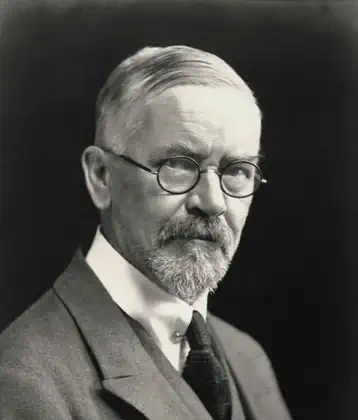
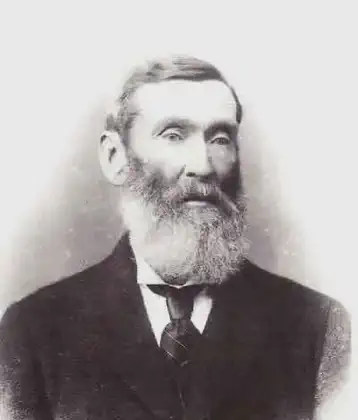
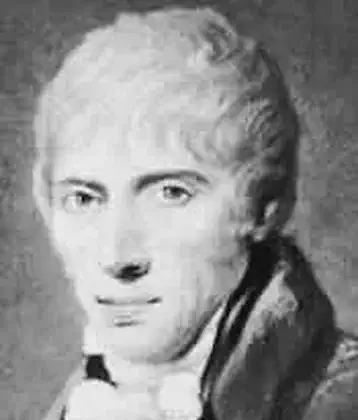
John Loudon McAdam Scottish engineer who developed the macadam road died
November 26, 1836
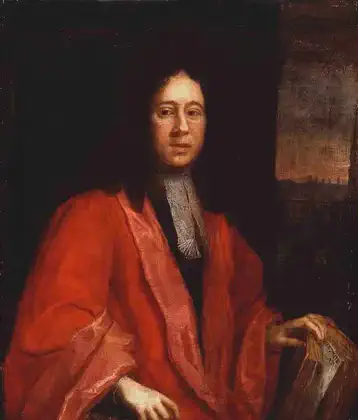
John Stearne, founder and first president of the College of Physicians, born
November 26, 1624